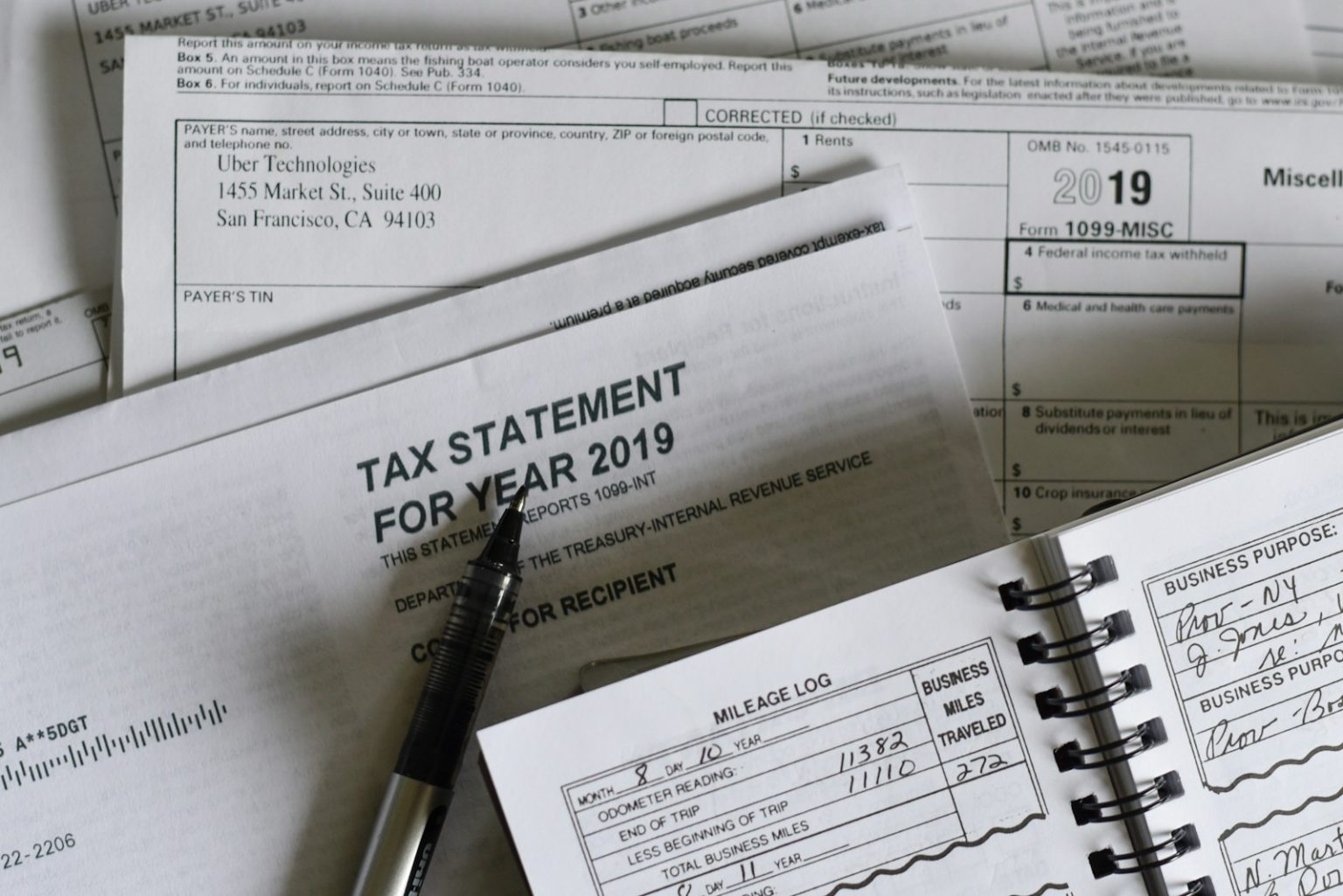The Group of Seven (G7) nations have agreed to support a new tax proposal that exempts American and UK firms from some aspects of the existing global tax agreement. This development was disclosed in a recent press release by the G7. According to the statement, the newly proposed “side-by-side” system will allow US-parented companies to be taxed exclusively in their home country on both domestic and foreign profits.
This agreement, which came to light during Canada’s presidency of the G7, aims to provide greater stability and certainty in the international tax system. The new proposal addresses concerns raised by the United States regarding the Pillar 2 rules agreed upon by the OECD/G20 Inclusive Framework on Base Erosion and Profit Shifting (BEPS). The US had outlined a side-by-side solution whereby US parented groups would be exempt from the Income Inclusion Rule (IIR) and Undertaxed Profits Rule (UTPR), recognizing the existing US minimum tax regulations.
The US Treasury Department emphasized that this system could foster a constructive dialogue on the taxation of the digital economy while preserving the tax sovereignty of all countries.
G7 supports tax exemption change
There is now a shared understanding that the side-by-side system could maintain the progress jurisdictions within the Inclusive Framework have made in combating base erosion and profit shifting,” the statement read.
The agreement also noted the removal of Section 899 from the Senate version of the tax bill. This move has been lauded for potentially enhancing stability within the international tax framework. The UK has expressed support, primarily as British businesses, previously concerned about higher taxes due to Section 899, will no longer face those risks.
G7 officials reiterated the importance of international collaboration, confirming their commitment to pursuing a solution that is both “acceptable and implementable to all.”
This new direction in global tax policy comes after a tense period. Earlier in the year, former US President Donald Trump issued an executive order declaring that the 2021 global corporate minimum tax agreement, negotiated by the Biden administration, would not apply in the US. Trump also threatened to impose retaliatory taxes on nations implementing global tax rules against US firms, a move that sparked concerns among foreign companies operating within the United States.







